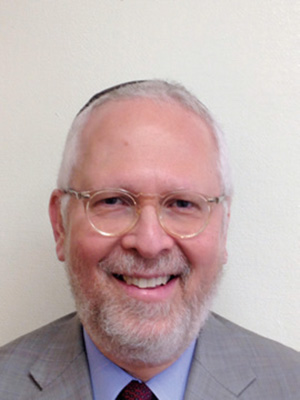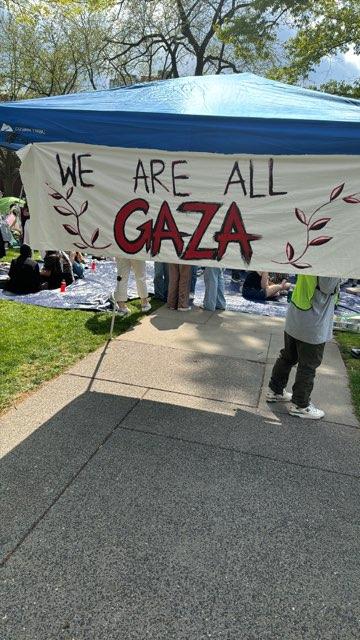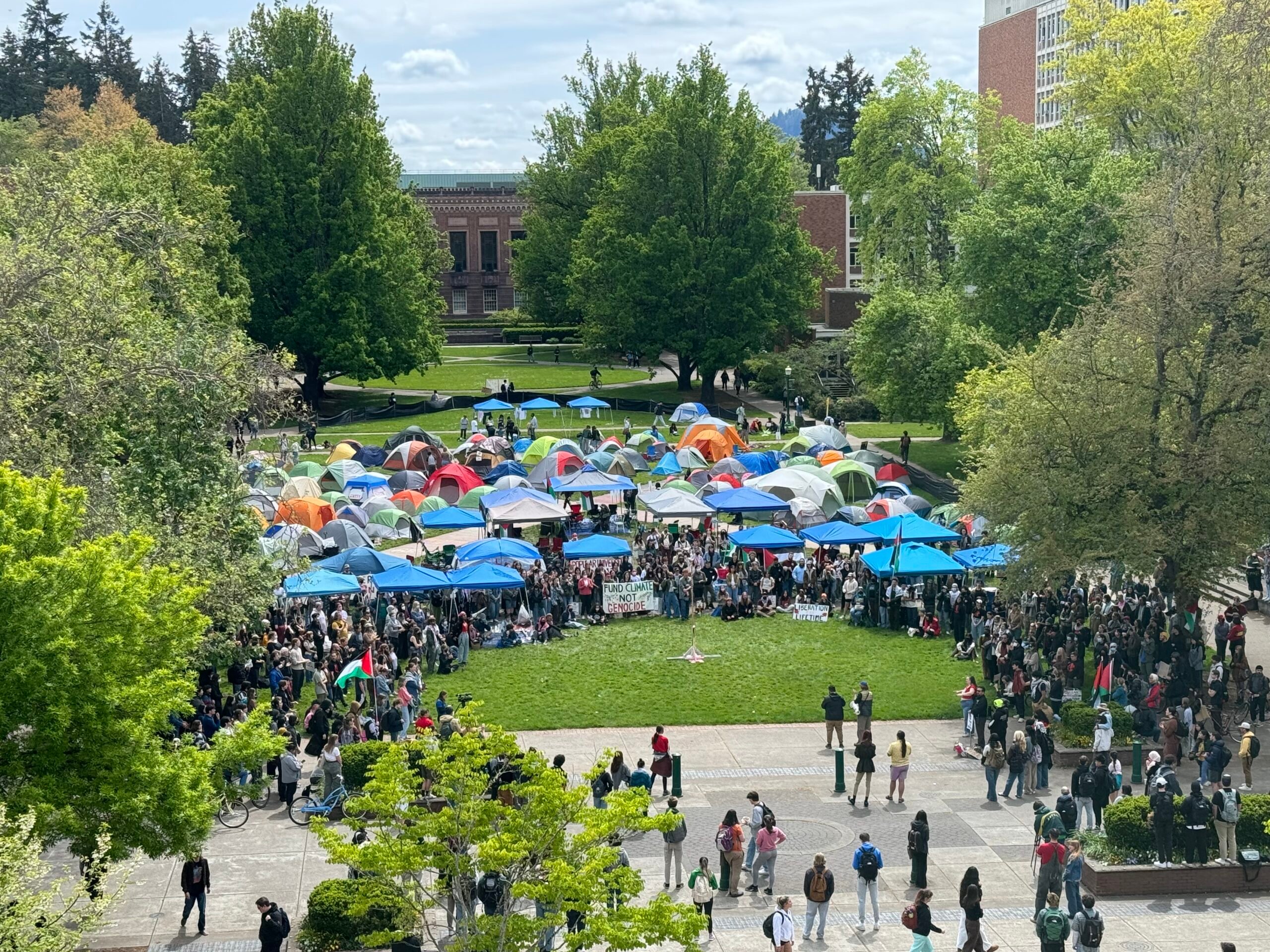
The enterprise of education across the country is facing a challenge unlike any other it has faced before. The world is changing at such a rapid pace, and the arena of knowledge is expanding exponentially—and so the question is how do our schools prepare students for a future that is likely to be so vastly different from everything with which we are familiar in the present? Richard Riley, secretary of education in the Clinton administration, expressed this notion as follows: “We are currently preparing students for jobs that don’t yet exist… using technologies that haven’t been invented… in order to solve problems we don’t even know are problems yet.” According to the World Economic Forum, “65 percent of children entering primary school today will ultimately end up working in completely new job types that don’t yet exist.” If it is only a slight exaggeration to say that all I really need to know I learned in kindergarten, then the issue of how we are to prepare our students for an unknown, changing future indeed starts very early. What do we do?
The historical, traditional model of education in America was largely “fact-based.” The idea was to infuse the students with an array of knowledge that they can take with them into the world and thus prepare them for the future. This model has come under serious challenge in the past decade for two reasons: the amount of knowledge “out there” is so vast and so fluid that any hope of mastering a significant part of it diminishes day by day; and the ease at which that knowledge can be accessed by anyone using a few keystrokes increases day by day. As a result, there has been a gradual shift in schools from fact-based education to skills-based education. Skills-based education focuses on using sets of strategies, approaches and perspectives that can be applied to any circumstance—old, familiar issues, or new, challenging ones. If fact-based education is akin to walking into a room and “knowing” the room, then over the course of elementary school a student will have walked into many rooms, such as third grade Chumash, fifth grade social studies, sixth grade Gemara and eighth grade English language arts—for a total of about 70 different “rooms.” And that is wonderful. But… if we can give our students the keys—the skills to learn a variety of different areas—then they can walk into a thousand rooms on their own.
These skills involve a few different areas: critical and creative thinking, complex problem solving and collaboration with others. If a student is able to apply these skills to different areas, his or her confidence and passion will burst at the seams, and learning will be an entirely different experience—not a chore, but an opportunity to create, to solve and ultimately to make a real difference in the world.
Of course, skills are relatively meaningless unless one has mastery of a critical mass of knowledge to which those skills can be applied. If I know what the different symbols on a map mean, but I don’t know that this specific shape on the map represents North America, my map-reading skills are not worth much. If I know how to approach a text in Chumash, but I don’t know the narrative of Yosef and his brothers, my learning is severely deficient. And so, while skills-based education ought to shape our pedagogic focus, a critical mass of knowledge is indispensable in successful and meaningful education. An excellent educational map outlines both a progression of skills, grade by grade for each subject area, and it also delineates the areas of critical knowledge, grade by grade for each subject area that students need to master to make their skills meaningful.
But this is not the entire picture. Recent studies have shown—and they have been confirmed time and again—that the two greatest factors for success in school, in career and in the challenges of life are: (1) resilience (also referred to as “grit,” perseverance and willpower), and (2) the application of intelligence and knowledge. In that order. How a child is able to face challenge, and to rise after a fall, is more relevant to that child’s future successes than how much that child knows.
And so, indeed we can prepare our students, b’ezrat Hashem, for a completely unknown future—we can address Richard Riley’s concern—with the trifecta of meaningful and effective education that transcends the specific, temporal storehouse of currently known facts: skills-based education, a thoughtful critical mass of knowledge, and education that promotes willpower and resilience. Doing so in a loving, warm, supportive and nurturing environment brings the student to a place of confidence, passion and ability, and helps the child transition into a young adult poised for great success.
By Rabbi Saul Zucker
Rabbi Saul Zucker is head of school at Ben Porat Yosef.











